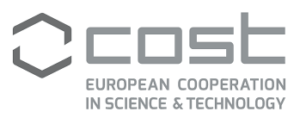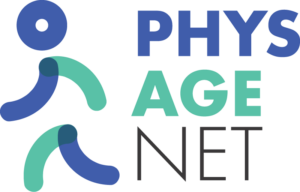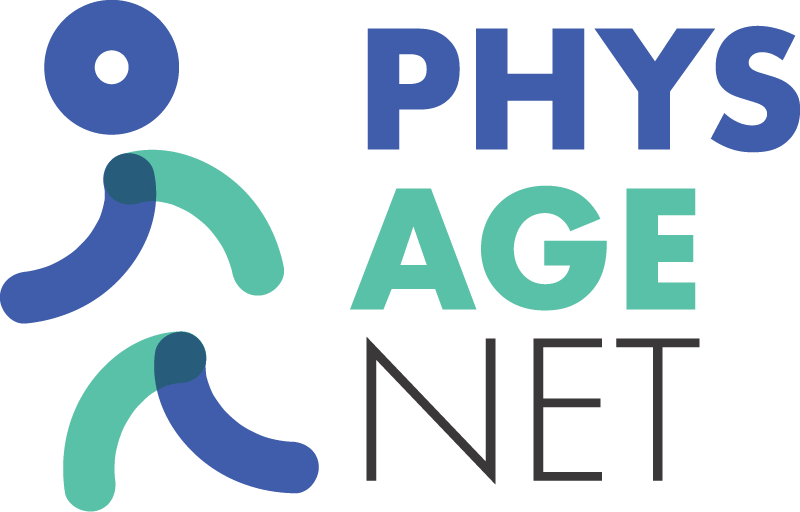PhysAgeNet is a EU COST Action which undertakes coordinated research collaboration at European level. Its aim is to to establish a sustainable network that will foster evidence-based research and practice of physical activity in older adults and will enhance integration of innovative ICT solutions based on open data consolidated research information, in order to promote health and reduce the burden of inactivity in ageing populations.
Sedentary lifestyle in old age is associated with increased risk of chronic and disabling diseases, premature mortality, and substantial economic burden for society. Increase in physical activity (PA), on the other hand, may compensate negative effects of ageing and reduce inactivity costs. However, not all exercise regimens are universally effective, and Inter-individual differences in responses to PA exist. Therefore, there is an urgent need for creating “tailored” exercise programmes that will fit the specific needs of the various and diverse ageing populations. A critical step towards this goal is embracing an evidence-based medicine (EBM) approach where conceptual challenges and pitfalls in basic research and clinical research on ageing and physical activity could be identified and addressed. Unmet needs and gaps in research and practice that currently hinder successful implementation of EBM for training of older adults are:
- Lack of consolidated research information needed for designing optimal, feasible and effective exercise programs for various target groups;
- Exclusion of disabled, low income and isolated older adults both research trials and exercise interventions;
- Lack of real-world conditions studies over long periods and
- Limited use of technological innovations for assessing, applying and enhancing exercise programs in old populations.
Project Consortium:
The consortium comprises partners from more than 35 countries.
Action Chair: Prof Michael Brach
Funding:
This project receives funding through the The European Cooperation in Science and Technology (COST).



